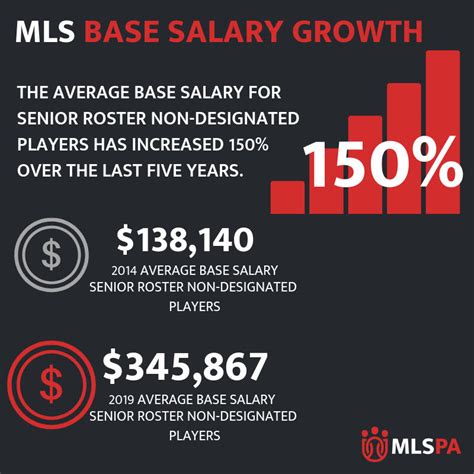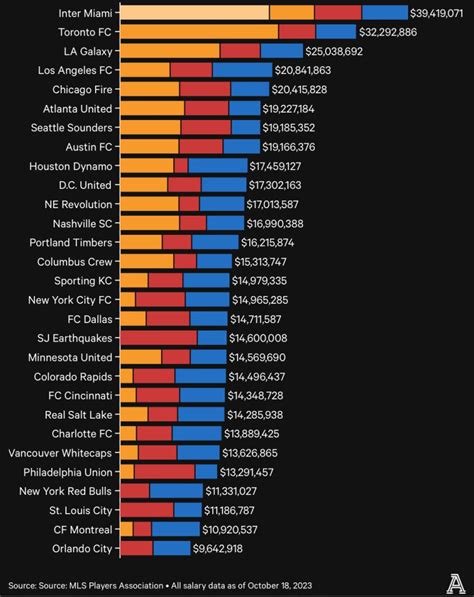A Master of Library Science (MLS) or Master of Library and Information Science (MLIS) degree is a gateway to a dynamic and intellectually stimulating career. Far from the outdated stereotypes, today's information professionals are tech-savvy researchers, data curators, and community leaders. If you're considering this path, one of your primary questions is likely about earning potential. While starting salaries begin in a modest range, the median national pay for librarians is a competitive $64,370 per year, with significant opportunities for growth, as specialists and directors can earn well over $100,000.
This guide will break down the salary you can expect with an MLS degree, from your first job to the peak of your career, and explore the key factors that will shape your income.
What Does a Professional with an MLS Degree Do?

Before diving into the numbers, it's essential to understand the modern role of an MLS-degreed professional. The job title is often "Librarian," but the responsibilities extend far beyond checking out books. These professionals are experts in acquiring, organizing, and disseminating information.
Their work environment can be a public library, a university, a law firm, a hospital, a museum, or a major corporation. Key responsibilities often include:
- Information Management: Developing and managing physical and digital collections, including databases, archives, and digital assets.
- Research & Analysis: Conducting complex research for patrons, academics, lawyers, or corporate executives.
- Digital Literacy & Instruction: Teaching students and community members how to find, evaluate, and ethically use information and technology.
- Community Outreach: Designing programs and services to meet the educational and cultural needs of a specific community.
- Data Curation: Managing and preserving large datasets for research and institutional use.
Average MLS Salary

While the term "minimum salary" suggests a single starting number, the reality for MLS graduates is a range influenced by their first role and location.
According to recent data, the entry-level or "minimum" salary for a new professional with an MLS degree typically falls between $50,000 and $60,000 per year. This represents the starting point from which careers and salaries grow.
However, the national figures provide a broader and more encouraging picture:
- The U.S. Bureau of Labor Statistics (BLS) reports the median annual wage for Librarians and Media Collections Specialists was $64,370 as of May 2023.
- Salary aggregators show a wide potential range. For instance, Salary.com reports that the typical librarian salary in the United States falls between $63,052 and $81,353, with the top 10% earning over $90,000.
- Glassdoor places the average total pay for a librarian at approximately $68,500 per year, combining base salary and additional compensation.
This data shows a solid financial foundation with significant room for advancement as you gain experience and specialize.
Key Factors That Influence Salary

Your starting salary is not your final salary. Several key factors will determine your earning potential throughout your career. Understanding them can help you make strategic decisions to maximize your income.
### Level of Education
For nearly all professional librarian positions in the United States, an MLS or MLIS degree from an American Library Association (ALA)-accredited program is the standard requirement. It is the key that unlocks the door to this profession. While a bachelor's degree might secure a library assistant or technician role, the MLS is necessary for librarian titles and their corresponding salaries.
Further education can provide a significant salary boost, particularly for specialized roles. A dual-master's degree, such as an MLS/JD (Law) or an MLS/MBA (Business), can open doors to high-paying positions in law firms or corporate information centers. A Ph.D. is typically required for tenure-track faculty positions and directorships at major research universities, which are among the highest-paid jobs in the field.
### Years of Experience
Experience is one of the most significant drivers of salary growth. As you build a track record of skills and accomplishments, your value to employers increases.
- Entry-Level (0-3 Years): Professionals in this stage are typically in the starting salary range of $50,000 to $60,000. They focus on mastering core competencies in reference, cataloging, or user services.
- Mid-Career (4-10 Years): With proven experience, librarians can move into senior or supervisory roles. Salaries often move toward and surpass the national median, reaching the $65,000 to $85,000 range. They may manage a department, lead major projects, or develop a deep specialization.
- Senior/Director (10+ Years): Top-level positions like Library Director, Chief Information Officer, or Dean of Libraries involve extensive management and strategic responsibilities. These roles command the highest salaries, frequently exceeding $100,000, especially in large library systems or specialized institutions.
### Geographic Location
Where you work matters immensely. Salaries are often adjusted to the local cost of living and regional demand for information professionals. States and metropolitan areas with major universities, large corporate headquarters, and strong government sectors tend to offer higher pay.
According to BLS data, the top-paying states for librarians include:
1. District of Columbia: $88,230 (mean annual wage)
2. California: $85,030
3. Washington: $81,540
4. Maryland: $79,450
5. New York: $78,410
Conversely, salaries are typically lower in rural areas and states with a lower cost of living. A job in a major city like San Francisco or New York City will pay significantly more than a similar role in a small town to compensate for housing and other expenses.
### Company Type
The type of institution you work for is a powerful salary determinant. The value and function of a librarian differ across sectors, and compensation reflects this.
- Special Libraries (Corporate, Law, Medical): These are consistently the highest-paying employers. A corporate librarian providing competitive intelligence or a law librarian at a major firm provides direct value to a for-profit entity, commanding salaries that can start higher and grow faster than in other sectors.
- Academic Libraries (Colleges & Universities): These institutions offer competitive salaries, often on par with or slightly above public libraries. Pay may be tied to faculty salary scales, and positions at large, private research universities tend to pay more than those at smaller community colleges.
- Government Libraries: Federal libraries (like the Library of Congress) offer strong salaries and benefits, structured by the government's General Schedule (GS) pay scale.
- Public and School (K-12) Libraries: While incredibly impactful, these roles are funded by public taxes and often have more constrained budgets. Salaries are generally solid but may sit closer to the national median. School librarian pay is typically tied to the district's teacher salary schedule.
### Area of Specialization
Within the information science field, certain specializations are in higher demand and command better pay due to the niche skills required.
- Digital Asset Management & Data Curation: As organizations grapple with massive amounts of digital information, professionals who can manage, organize, and preserve these assets are highly sought after.
- Law Librarianship: Requires expertise in legal research databases and resources. A dual JD/MLS degree is often preferred and highly compensated.
- Health Sciences or Medical Librarianship: Working in hospitals, pharmaceutical companies, or medical schools requires knowledge of clinical research and biomedical information systems.
- Competitive Intelligence & Corporate Research: These librarians work within corporations to provide market research and analysis that informs business strategy, making them highly valuable assets.
Job Outlook

The career outlook for information professionals is stable and evolving. The BLS projects that employment for Librarians and Media Collections Specialists will grow by 3 percent from 2022 to 2032, which is about as fast as the average for all occupations.
It's important to look beyond the number. While traditional roles may see modest growth, the demand is shifting. The future of the profession lies in digital services, data management, and specialized information roles in non-traditional settings. Graduates who are adaptable and skilled in technology, data analysis, and digital archiving will find the strongest opportunities.
Conclusion

An MLS degree is an investment in a rewarding and durable career. While the "minimum salary" for a recent graduate is a realistic starting point, it is by no means the ceiling. Your earnings are not static; they are a reflection of the choices you make.
To maximize your salary potential, focus on these key takeaways:
- Specialize Wisely: Target high-demand areas like data curation, health sciences, or corporate librarianship.
- Be Geographically Flexible: Consider relocating to a metropolitan area or state with a higher pay scale, at least early in your career.
- Embrace Lifelong Learning: Continuously update your technology and data skills to stay relevant and valuable.
- Aim for Leadership: As you gain experience, pursue opportunities for management and strategic leadership to significantly increase your income.
For those passionate about connecting people with knowledge, the MLS path offers not just intellectual fulfillment but also a clear and attainable route to a comfortable and competitive professional salary.
